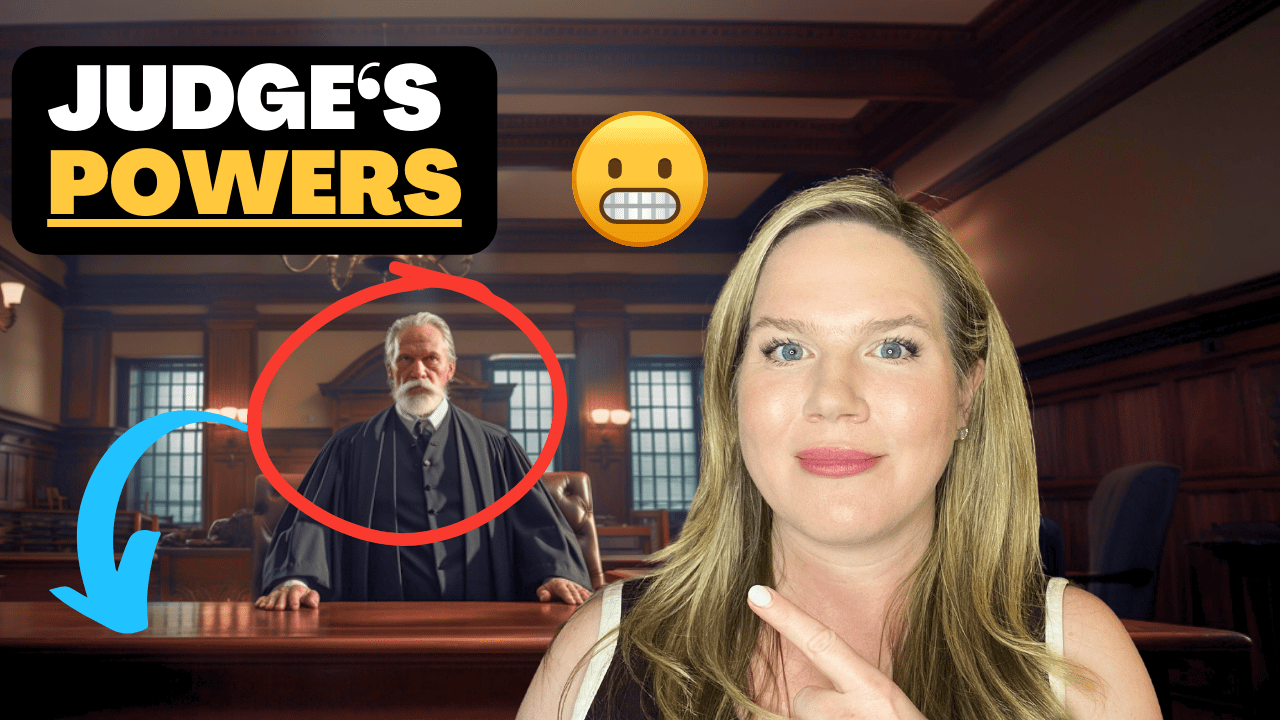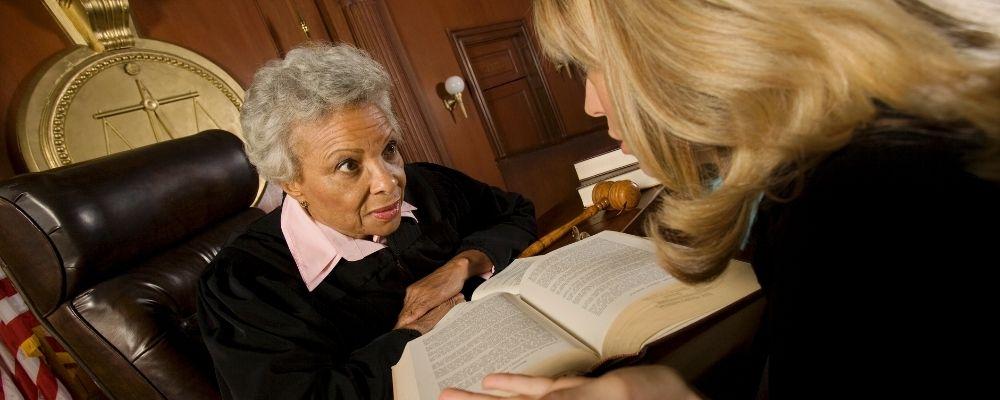In the vast legal landscape of California, Domestic Violence PC 273.5(a) stands out as a significant statute. For anyone navigating this charge, understanding the role of the judge is crucial. This guide delves deep into the intricacies of the judicial process, ensuring you’re well-prepared for every step.
1. Bond Setting in PC 273.5(a) Cases
When you’re charged under Domestic Violence PC 273.5(a) in California, the initial step involves the judge determining your bond. This decision isn’t just about the money; it encompasses any conditions that might be attached, especially when there’s a Great Bodily Injury Allegation. Understanding this can help set expectations about potential restrictions or freedoms during the trial process.
2. Protective Orders in California’s Domestic Violence Cases
One of the most immediate and impactful decisions a judge makes in Domestic Violence PC 273.5(a) cases is regarding protective orders. These orders can drastically affect your daily life, restricting or permitting interactions with the alleged victim. Knowing the factors that influence a judge’s decision here can be invaluable.
3. The Power of Motions in PC 273.5(a) Cases
Motions play a pivotal role in shaping the narrative of a case. For instance, suppressing certain statements can change the entire direction of the trial. The judge’s ruling on these motions, based on their interpretation of the law and the presented facts, can significantly influence the trajectory of a Domestic Violence PC 273.5(a) case in California.
4. Indicated Sentences: A Judge’s Insight
Every defendant wants to know their potential fate. By understanding the indicated sentence a judge might offer, you can gain clarity on possible outcomes, aiding in crucial decision-making processes.
5. Plea Deals: The Judge’s Seal of Approval
Plea deals can be a pathway to reduced sentences or lesser charges. However, even if the DA and the defendant agree, the judge’s perspective on its fairness determines its acceptance. Their decision is often based on a combination of legal precedent, the specifics of the case, and sometimes, broader societal implications.
6. Mediation in Domestic Violence Cases
Judges don’t just passively hear cases; in certain PC 273.5(a) situations, they actively mediate between the defense and prosecution. This proactive approach can lead to resolutions that save time, money, and emotional energy for all involved parties.
7. Preliminary Hearings: A Crucial Step
Before a full trial, preliminary hearings offer a snapshot of the prosecution’s case. The judge’s role here is to determine if there’s enough evidence for a trial. Their decision can either propel the case forward or bring it to an abrupt halt.
8. Trials: The Judge’s Domain
The trial is where a judge’s decisions come to the forefront. From ruling on evidence to guiding the trial’s proceedings, their influence is paramount. Their decisions are based on a mix of legal knowledge, past precedent, and the unique nuances of the case at hand.
9. Sentencing: The Final Verdict
Post-trial, the judge’s sentencing decision determines the immediate future of the defendant. Balancing the crime’s severity against any mitigating factors, their verdict can range from leniency to strict punishment.
10. The Broader Implications of PC 273.5(a)
Understanding Domestic Violence PC 273.5(a) in California isn’t just about knowing the judge’s role. It’s about grasping the broader societal and legal implications of this charge. In California, domestic violence is taken seriously, and the legal system reflects this stance. Being well-informed can significantly aid in defense strategy and personal preparedness.
Conclusion: Navigating a Domestic Violence PC 273.5(a) charge in California is a complex journey. With a clear understanding of the judge’s role and the broader legal landscape, you’re better equipped for the challenges ahead. For expert guidance, always consider reaching out to a seasoned domestic violence defense attorney in California.




